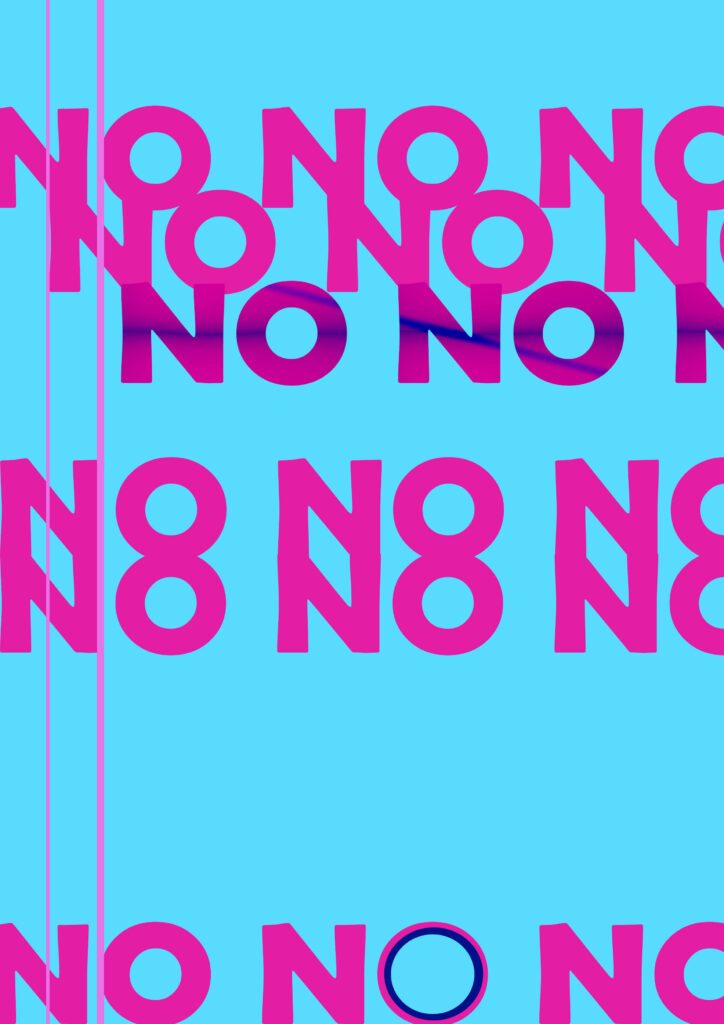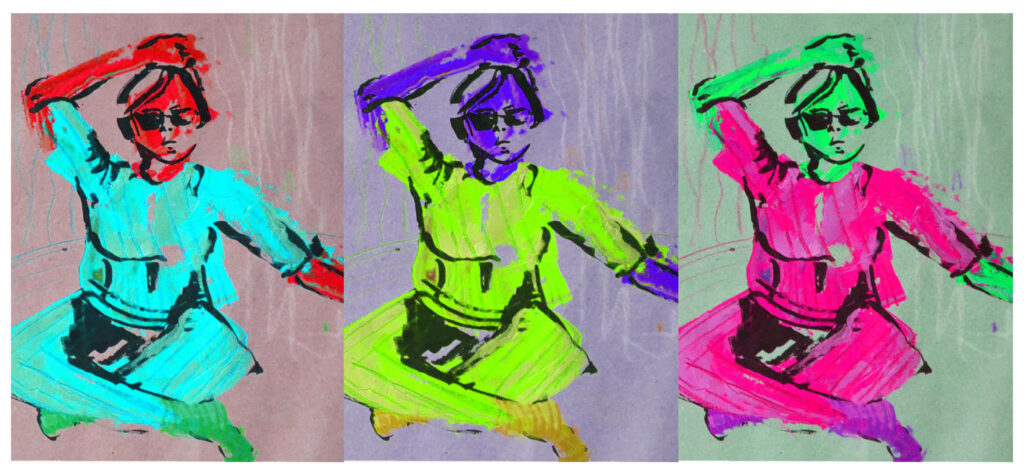A personal reflection on migration
In part II: “The immanence of complaint” of the book “Complaint!” by Sara Ahmed, some examples regarding migration were pointed out to show how complaints are related with this phenomena and this precise topic opened a new vision of understanding complaints for me.
Throughout the reading of the book, I have asked myself in which situations have I made complaints, if the environments were safe, if my complaints were good and fair enough; also, in which ways have I complained in the past that were not necessarily through verbal means, among many other questions. I doubted in my interior: “is emigrating a way to complain?” and that question has been following me for 2 weeks and now, I want to break this idea down, understand it and try to find an answer.
–
(Understanding emigrating as leaving one’s own hometown/country to settle for a permanent or long time in another). In my experience, I emigrated from Colombia to Germany because I wanted to pursue my studies abroad. Besides of all of my reasons to have chosen Germany as the country in which I would started to study, and all of its influence on my specific career (graphic design); the insurance of a higher quality access to study, a better future and a better panorama of what my working life would be, were also big part of the motives to have decided to begin with this journey.
All of this could have not been possible without the finance of my parents of course and the privileges I have access to.
In my case to emigrate was a decision, taken based on the environment I was being formed into and how I do not fit in it. It was not that I was forced to. It was not that I had no other option; which I know is the only reason some people have to emigrate. It was my choice to come and in some way try to find the place I feel I belong to.
“You might make a complaint because you do not want to remain in that situation; a complaint can be an effort to get out of a situation you are in.” (Ahmed, 103). Even though a wide part of my personality and identity is influenced by latinx culture, I was not really connected to the environment I was born in. I left Colombia maybe to unconsciously stop that feeling and to allow myself to find the places, people and new experiences with which my beliefs and principles are aligned, and the previous quote of the Chapter 3 “In the thick of it” made me realize that.
Of course many of the aspects that bothered me about my city and my country: including the insecurity in the streets, especially for a woman my age, the inequality and many other sad realities that fortunately I have not had to live: hunger, corruption, violence at all levels, the complete abandonment of the government, among many others, still bother me to this day. And every time I have the chance to complain even in the distance, I take it. Every time something happens and I feel the need to express it through words or with my art I do it. But the part that confronts me is when as a consequence of my words comes the typical: “you don’t even live here anymore” as if once you emigrate you’re not allowed to complain.
I have to admit it: in the past I also did that comment. I also was that person that said: “if you left in the first place, then why do you care now?”. Well, Gabriela of 2013, because it is still a part of them!!!. Every problematic still touches their roots, their families, the things and people they know; basically it affects their realities in most of the cases. Just because they leave, it doesn’t mean it stops being part of their stories, and that’s my story too now. The things that I didn’t like before are still happening and as they are not fair, I still have the right to complain.
It is hard enough to be an immigrant. One does not belong completely to any of both places, which make us feel sometimes as passengers, or something on the line. The following quote retrieved from Chapter 4 “Occupied” describes what I exactly feel:
“A misfit occurs when the environment does not sustain the shape and function of the body that enters it.” (Ahmed, 140).











